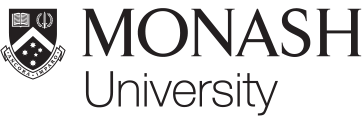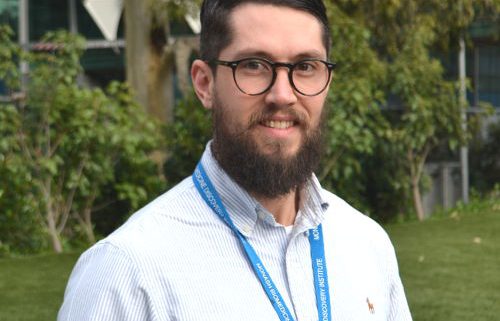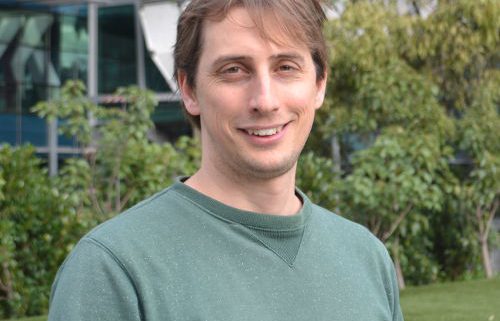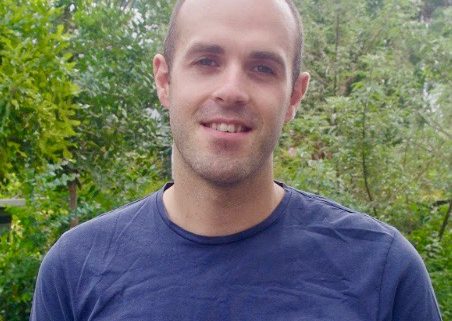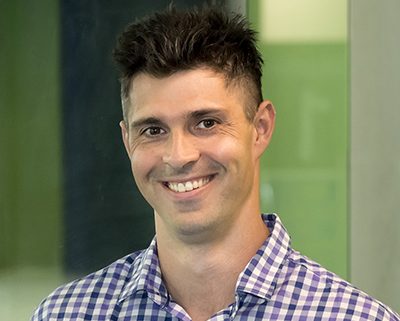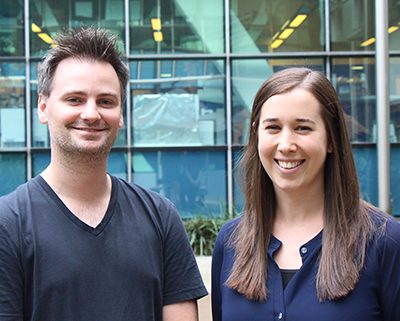Our very own Group leader, Richard has been awarded a 5 year Viertel Senior Medical Research Fellowship. This is richly deserved recognition for his sustained high level contributions to biomedical science.
Richard will receive $1.25 million ($250,000 per year for five years) to support his research into how viruses and tumours escape cellular immunity.
According to Richard, the immune system is uniquely equipped to detect foreign invaders and abnormal cells. However, viral infections and cancer remain extremely prevalent within the human population, where they create significant burden to the health and wellbeing of society due to their remarkable ability to hide from our immune system.
Understanding the process of immune escape has been critical to the recent breakthrough success of cancer immunotherapy. Richard aims to build on this body of work by studying how cancers and a certain group of viruses, known as cytomegaloviruses (CMV) avoid immune recognition.
“I became interested in CMVs because they are a group of widespread and potentially deadly pathogens that are the undisputed masters of immune escape,” said Richard.
CMVs are able to hide, undetected within our bodies because they have evolved an arsenal of ‘immunoevasins’, which are molecules that function to dampen or otherwise subvert our immune system.
“Identifying the mechanisms by which CMV mediates immune escape will lead to the development of novel strategies to boost the ability of the immune system to combat human diseases,” Richard explained.
This year, the Sylvia and Charles Viertel Charitable Foundation* brought together the Viertel funding with additional funds from two other charitable trusts to make a third fellowship, which was awarded to Richard Berry.
“I’m very grateful to the Sylvia and Charles Viertel Charitable Foundation, Cross Family Trust and Frank Alexander Charitable Trust for the opportunity to explore this area of research. With the support of this fellowship, I hope to identify new mechanisms of immune escape and translate this knowledge into innovative therapies that will benefit the human population” Richard said.
“Medical research, and many innovations to advance our community our community, social, economic and health wellbeing, rely on philanthropy. For nearly 25 years, Sylvia and Charles Viertel’s legacy has been honoured through the fellowships and the establishment of an impressive alumni of medical researchers,” said Jodi Kennedy, General Manager of Charitable Trusts and Philanthropy, Equity Trustees.
Professor Peter Leedman, Chairman of the Viertel Foundation’s Medical Advisory Board, revealed that the 2019 applications for the Fellowships were of an extremely high standard.
“Each year we are impressed by the quality of the candidates and the incredible work they are doing in pursuit of new diagnostics, treatments and preventative strategies for some of our most intractable medical problems,” said Professor Leedman.
Two other Australian researchers were announced 2019 Senior Medical Research Fellows: Professor Andrew Steer from Murdoch Children’s Research Institute and Dr Tracy Putoczki from the Walter and Eliza Hall Institute of Medical Research.
This article is based on a media release originally published by Equity Trustees. Read the full media release.
Click the link for more about the Sylvia and Charles Viertel Charitable Foundation.
*The Sylvia and Charles Viertel Charitable Foundation is managed by Equity Trustees in partnership with co-trustees Justice Debra Mullins AO (Chair), Rex Freudenberg and Paul de Silva.
Original article
